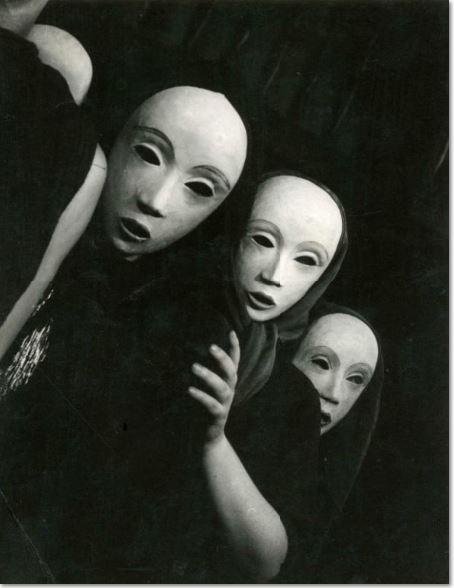
Certain animals exude mystique. Experts in enigma, no cat could ever be ordinary. Our feline friends exist on a different plain, between reality and the other-worldly. Foxes have a similar allure possessing a feral mysticism. Whilst cats are mostly deified, Foxes are generally maligned, feared by city dwellers and hunted to near extinction by country folk. To survive they have to be virtually uncanny. Creatures of folklore, the fox is one of the principle animals that witches shapeshift into, whilst the Irish once believed that they were kindred to Faerie. One particular story that has stayed with me is that of keen huntsman who called off the chase when he realised that the Fox they were pursuing was pregnant. Thereafter, foxes would congregate outside the manor of the huntsman and his next of kin, to keen their strange song whenever there was a death in the family. My own Fox story is not quite as dramatic but worth telling. I had taken to feeding the foxes where I lived but it always seemed to be the same large lean male, the father of a small pack who dined outside my balcony door. The visits were always nocturnal but one bright summer’s afternoon I noticed him scampering irregularly across the lawn to my little patch of garden. Making no sound, he pressed his nose right up against the glass of the garden door and it was then that I noticed he had been badly wounded on his lower back. He then frantically tried to get underneath the tarpaulin which covers my mobility scooter. The fox and his family had taken refuge there in the past so he knew it was a safe place. A google search then ensued as I hurriedly left phone messages with a nearby animal sanctuary and the RSPCA. Thankfully, it was the animal sanctuary
that called back first. They informed me that the RSPCA tended to put rescue animals down if they were injured. Fortunately the practice of the sanctuary differed – they took every single animal to a local vet for treatment if they could be saved. After 3 weeks recuperation, the animal was dropped off where it had been picked up.
Sure enough, Mr Fox returned, looking much healed. I’ve never been certain whether he had accidentally hurt himself or if someone had lashed out at him with a gardening tool. Either way he was back. One curious thing that I’ve noticed is that whatever time I wake up Mr Fox and his mate depart the grounds as if they were waiting for me to arise. It is oddly comforting. They are still with me and I am still with them.















